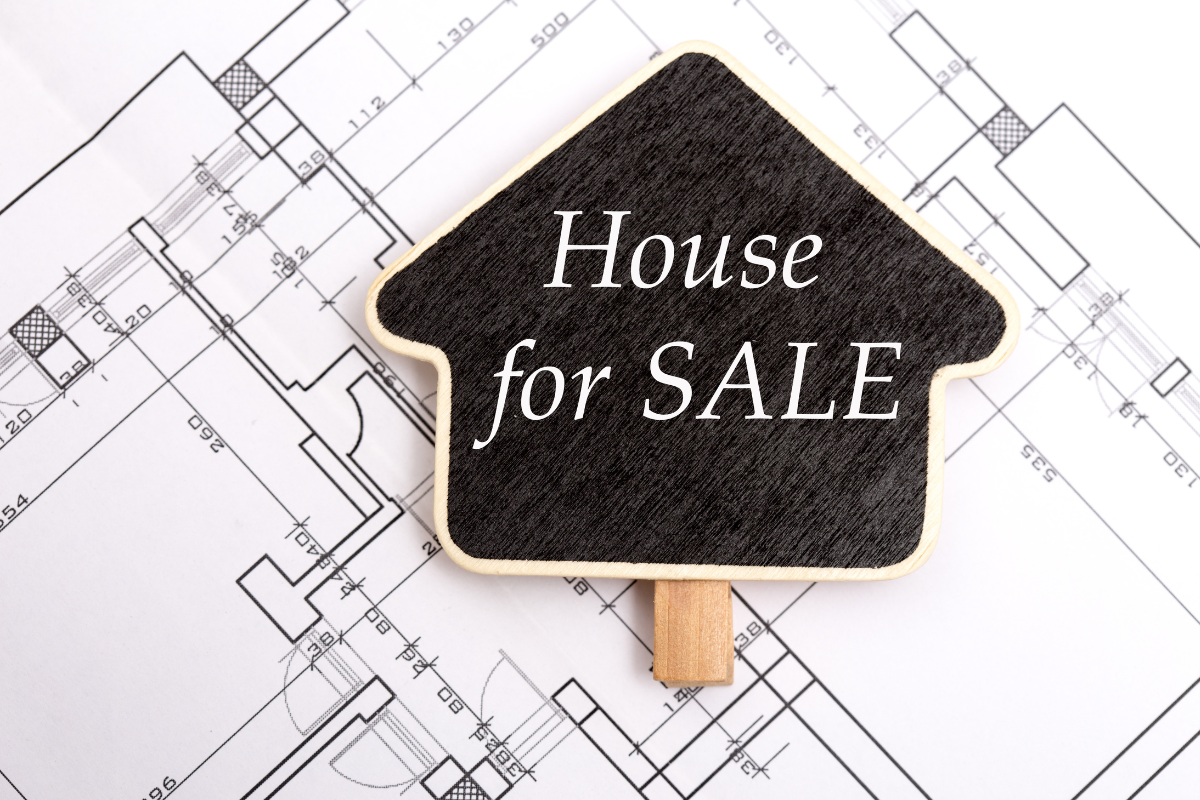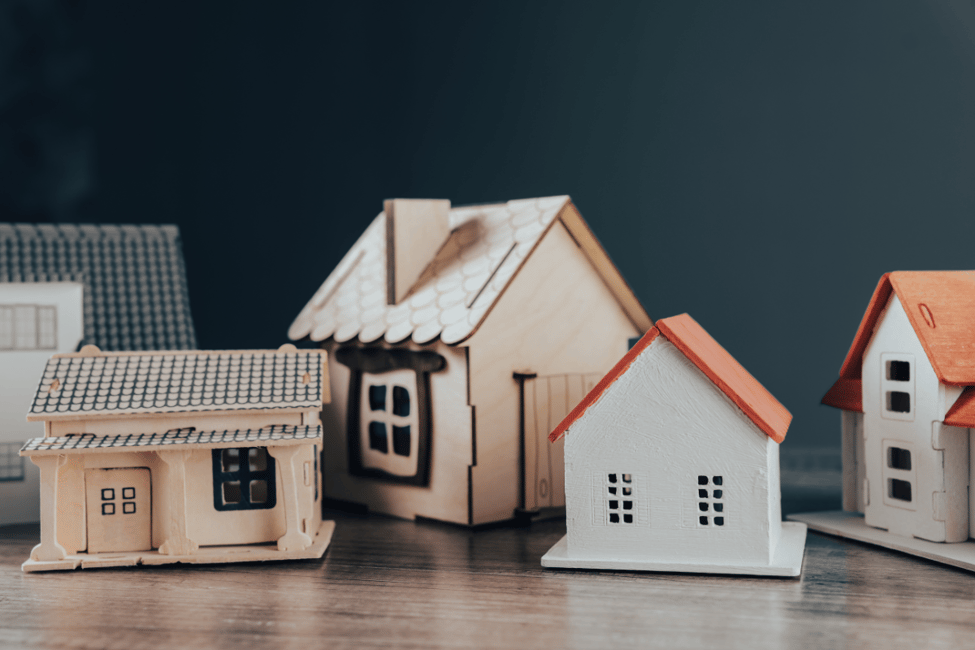You’ve made the exciting decision to move—congratulations! But now comes the big question: should you start by selling your current home or should you buy your next one first? It’s a dilemma nearly all homeowners face, and the right answer isn’t always obvious. There are many things to consider during this transition which is why I’m breaking down both options, weighing the pros and cons, and highlighting key factors that can help you make the smartest move with confidence!

Selling First: The Pros and Cons
One clear advantage to selling your home first before buying a new home is that it can offer you a sense of financial clarity. Since you’ll know exactly how much money you’ll have to put toward your next home, this can reduce stress knowing you won’t have to worry about carrying two mortgages or being in a rush to sell. Plus, with no immediate pressure to accept an offer, you’re in a stronger negotiating position, meaning you won’t have to settle for a lowball price.
However, the downside of selling first is that it might leave you temporarily homeless. In other words, if you sell before finding your next home, you could end up needing short-term accommodations until you secure a new place. Not only does this potential of moving twice—first into temporary housing and then into your new home—add additional moving costs, but it can increase your stress during an already busy process.

Buying First: The Pros and Cons
For those who do not want to deal with the headache or stress of finding temporary housing, opting to buy your next home before selling your current one can offer a smoother transition for your family and treasured belongings. Buying first means you can take your time finding the right home without being pressured by closing deadlines on your existing house. And most importantly, it allows you to move directly from your old home into your new one, minimizing disruptions to your lifestyle.
On the other hand, the main risk with buying first is that you may end up carrying two mortgages if your current home doesn’t sell quickly. Not only could this put significant financial strain on your budget—especially if your new home is more expensive than your current one—but if you’re in a competitive market, you might feel pressured to accept a lower offer on your home to ensure it sells quickly. Getting into this situation will affect both your financial flexibility and your ability to negotiate for a better sale price.

Additional Factors to Consider
Of course, these pros and cons aren’t the only things that need to be weighed into your decision. One of the most significant factors to consider is the state of the current market. If it’s a seller’s market with homes selling quickly, buying first may be less risky, as you won’t have to worry about finding a buyer in a competitive market. On the flip side, in a buyer’s market where sales are slower, selling first could be a safer option, giving you more time to find the right home without feeling rushed.
Your financial readiness also plays a key role. Ask yourself: Could you afford to carry two mortgages, if needed? This is something to truly consider because if your current home doesn’t sell immediately, you might be stuck paying both. However, there are options like bridge loans or even home equity lines of credit (HELOCs) that can help you cover these expenses and ease the transition.
Finally, you need to consider your personal preferences and timeline. For example, if you’re searching for a very specific type of home that may take longer to find, buying first gives you the flexibility to pursue all your options and take your time. But then you must also think about how flexible you are with your moving schedule—if you need to move quickly, selling first might offer you more financial security by ensuring you’re not juggling multiple monetary obligations at once.

Final Thoughts
Ultimately, the decision to sell or buy first will come down to your unique situation and priorities. Whether it’s financial clarity, flexibility in your timeline, or avoiding the hassle of temporary housing, each option has its distinct benefits and challenges. It’s important to take a step back and consider not only the numbers but what will give you peace of mind during this transition.
At the end of the day, moving is a personal journey—and it’s essential to have expert guidance to ensure you make the best decision for you and your family. If you’re feeling uncertain about which option is right for you, I’m here to make the process a bit easier to understand and a lot less stressful. Together, we can explore your options, talk through your needs, and get you moving into your next home with confidence! Let’s make sure your next step is the right one, no matter which route you choose.
For more information or to speak with me further, book a meeting here.

